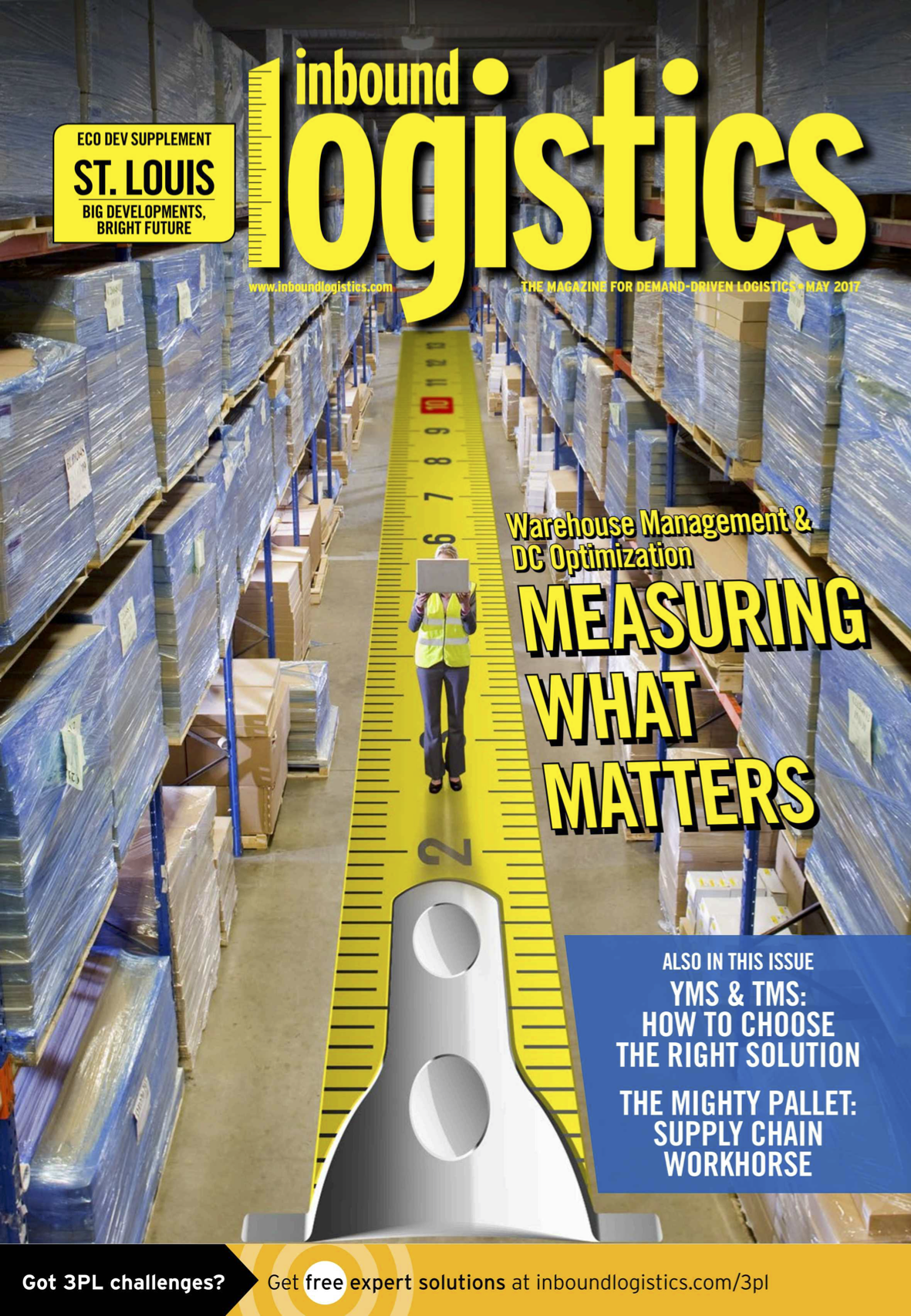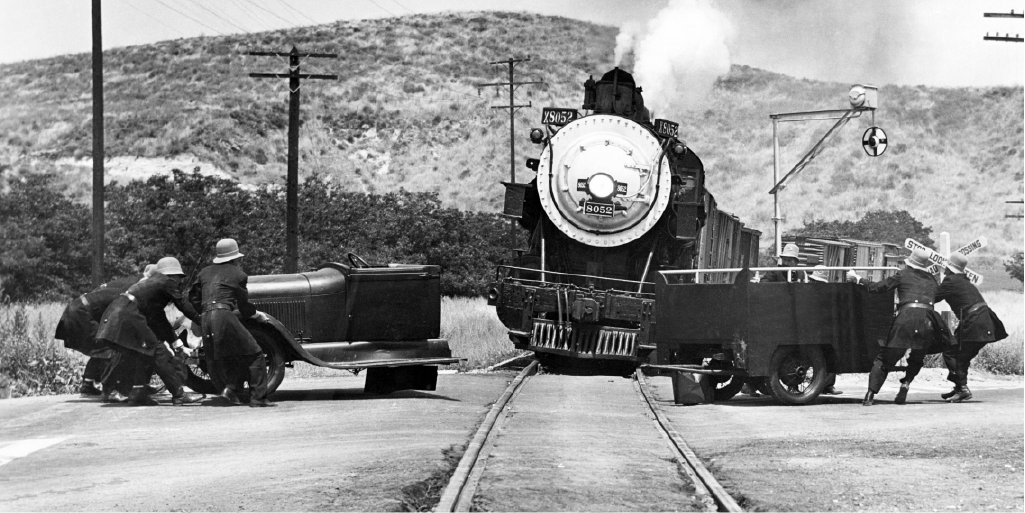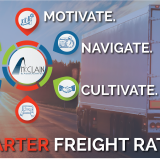What are
Managed Transportation Services?
Many shippers think they must select either a transportation management system or a managed transportation services provider when in fact, they get the most bang for their buck when they utilize both from the same company. When the shipper takes advantage of both a TMS and managed transportation services, they are in command. The TMS gives them visibility into their supply chain, and the transportation services provider is responsible for accounting, claims, carrier performance, and continuous improvement. You have the information and the ability to focus on what you do best, while the service provider focuses on what they do best. This strategy has proven to result in the most opitmal ROI and increased customer service levels.
Vendor and Carrier
Compliance
Carrier Compliance Data
Vendor Compliance Data
Data collected on carrier compliance gives companies leverage when negotiating better freight rates. Similarly, when vendor compliance data is tracked costs incurred from non-compliant shipments can be tracked and identified.
Strengthening vendor compliance encourages vendors to increase their customer service, which is directly passed on to you, the client, and your customers. Implementing lean or JIT philosophies is a priority for most shippers. These philosophies are often not performing at their fullest capacity as many companies must keep excess inventory to reduce risk.
Order Management
Most companies understand the significance of order management, however, they don’t always understand the numerous ways in which 3PLs and their technology can improve these processes within the supply chain. McClain’s TMS is able to integrate with all ERP systems so when a customer creates an order, a carbon copy of that order is sent into the TMS. At this time, all line item information is now visible and ready for analysis with shipment data.
Inbound Collect
PO Management
As your 3PL provider, our goal is to use this stored information to build the largest, most cost effective shipment by identifying potential opportunities to combine your POs to reduce the number of shipments, subsequently decreasing unit cost. Throughout the life cycle of the order, McClain is proactively monitoring the shipment, making sure it is both ready to ship on time, and once picked up, delivers on time.
Arming McClain with this data alleviates the client from the guessing game and pressure to follow up. When these procedures and integrations are in place, McClain can ensure down to each individual line item, that the order is complete and shipped in the most cost and time efficient manner. If an order is not going to make delivery, or is short shipped, we will work with both shipper and vendor to appease the issue. As the shipper reports progress to the McClain, these updates will be manifested with all other relevant shipment and order information. At this time, clients can log into their portal and see instant updates on their shipment.
Outbound Prepaid
SO/CO Management
Through an integration to your ERP system, we are able to receive an electronic transmission of your SO or CO data. Not only does this store all of your SO/CO information in a centralized location in conjunction with all shipment data, but it reduces time and errors made from manual entry of shipment data. When these processes are in place, your shipping manager is able to search the SO/CO when creating a shipment, decreasing the time spent manually creating the shipment. This integration provides McClain and our clients with visibility of all pending orders.
Freight Pay and Audit
Rather than receiving individual invoices from multiple carriers, McClain takes responsibility for all invoices. When an invoice is received, the billed amount is electronically compared to the quoted amount in our system. If these amounts are the same, the invoice gets approved and the client is billed based on their individual invoicing agreements with McClain. If the billed amount varies from the quoted amount due to a possible assessorial, reclassification, or reweigh, a case is created and the CSR is responsible for resolving these discrepancies prior to the client receiving the invoice. All accessorials, re-weighs, and reclasses, are meticulously tracked for client accounting purposes and yearly negotiations with carriers.
Business Intelligence
Salesforce’s native features provide exceptional analytic building tools. When shipment and order information is centralized, not only is time saved, but errors caused by manual entry are avoided. This allows clients to accurately manage and analyze transportation costs and execution performance data. These features provide greater flexibility in modifying standard reports or creating entirely new ones, with the ability to export to excel or email directly from the system on a scheduled or on demand basis.
As the saying goes, knowledge is power. This “big data” gives companies power, and control. What the above metrics, as well as many more, give executives and logistics managers is the knowledge, control, and ability to streamline processes and save both time and money. This information can provide personnel at all levels an instant snapshot of their KPIs, while highlighting those that need immediate attention.
Compiling PO and freight information into a centralized location allows current and historical data to be analyzed. From this analysis, exceptions are identified and procedures are implemented to mitigate potential risks from recurrence. Using exception management dashboards and alerts to identify these potential risks focuses time on those shipments in jeopardy or in need of immediate attention.
Business Intelligence Metrics

Through PO/ERP Integration we were able to reduce short ships from our vendors and build bigger shipments to optimize lanes. We minimized inbound shipments and can now hold our vendors accountable.
– Safety Products Manufacturer
SUPPLY CHAIN SERVICES
At McClain, we have a hands on and conversational approach to our supply chain consulting services. Each client is different, and as such, their supply chain needs are different. We will perform an analysis of your past freight invoices to uncover areas for savings and initiate route optimization and load planning. McClain & Associates utilizes our industry expertise and years of experiences, as well as our knowledge of our clients industries to remedy current supply chain challenges, and prepare for and mitigate future issues. We understand that both uncovering cost efficiencies and maintaining positive customer service are priorities. At McClain, are committed to properly addressing both concerns.
Whether your company is in need of a complete supply chain overhaul, or you merely have a few questions you’d like answered by industry professionals, we can help. We collaborate with your employees at all levels to provide a fresh set of eyes and implement procedures and technology that improve customer satisfaction, decrease costs, and optimize your overall supply chain.







